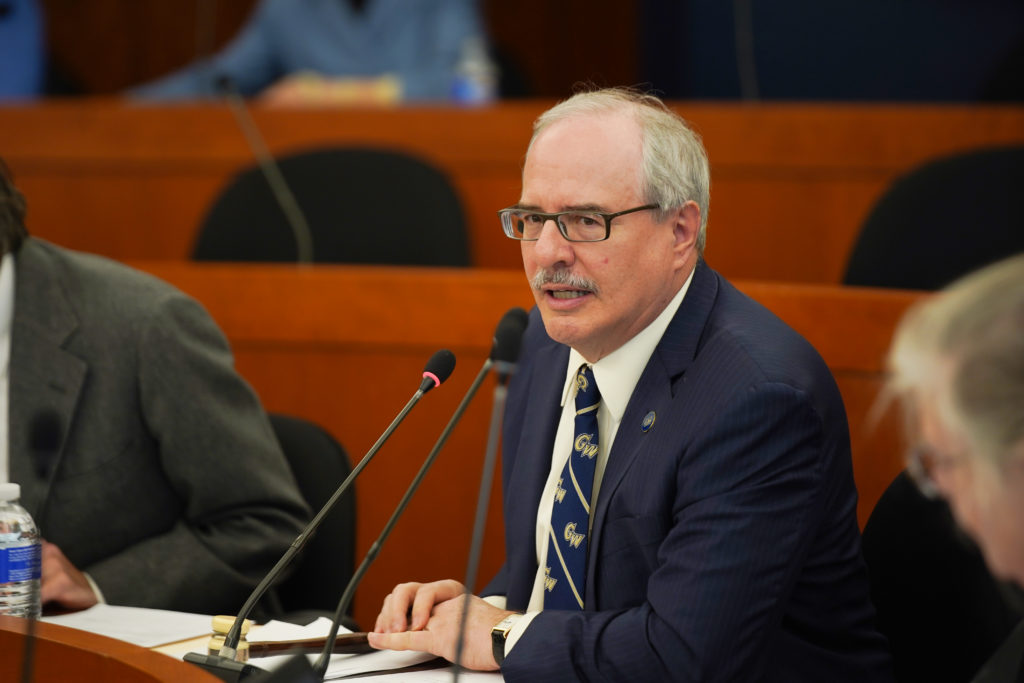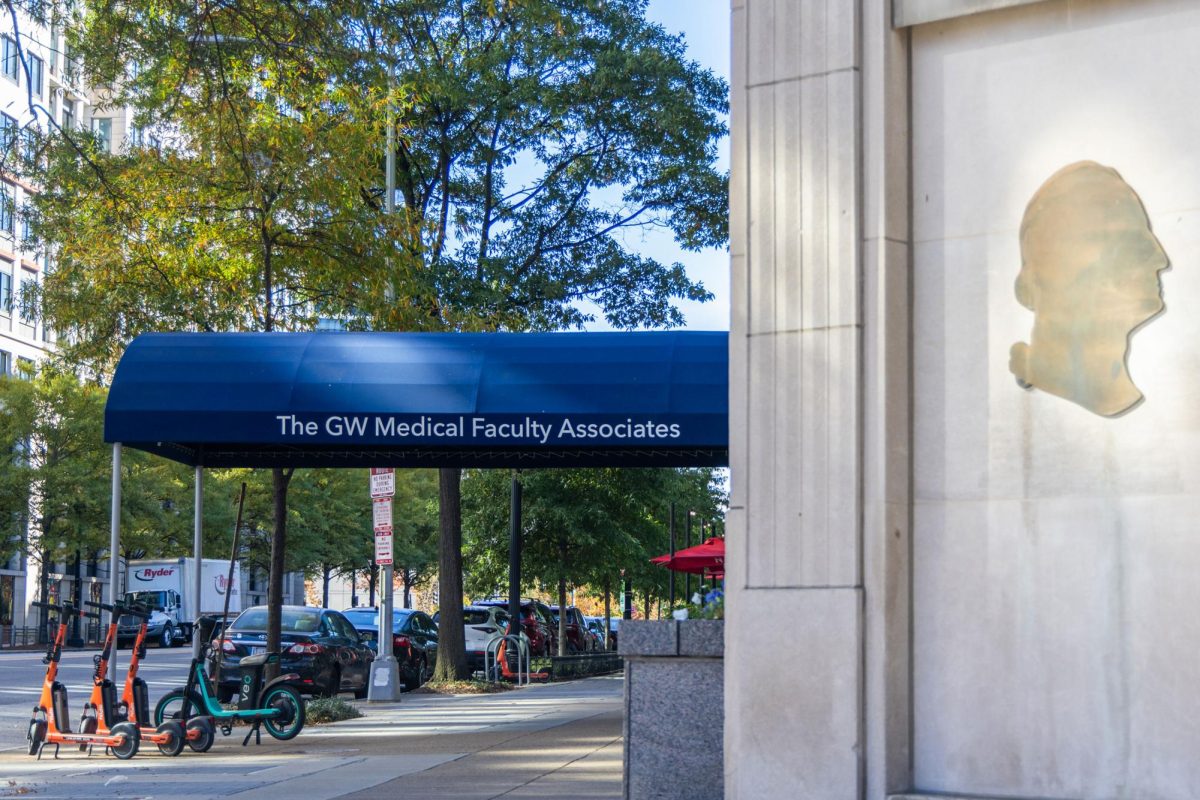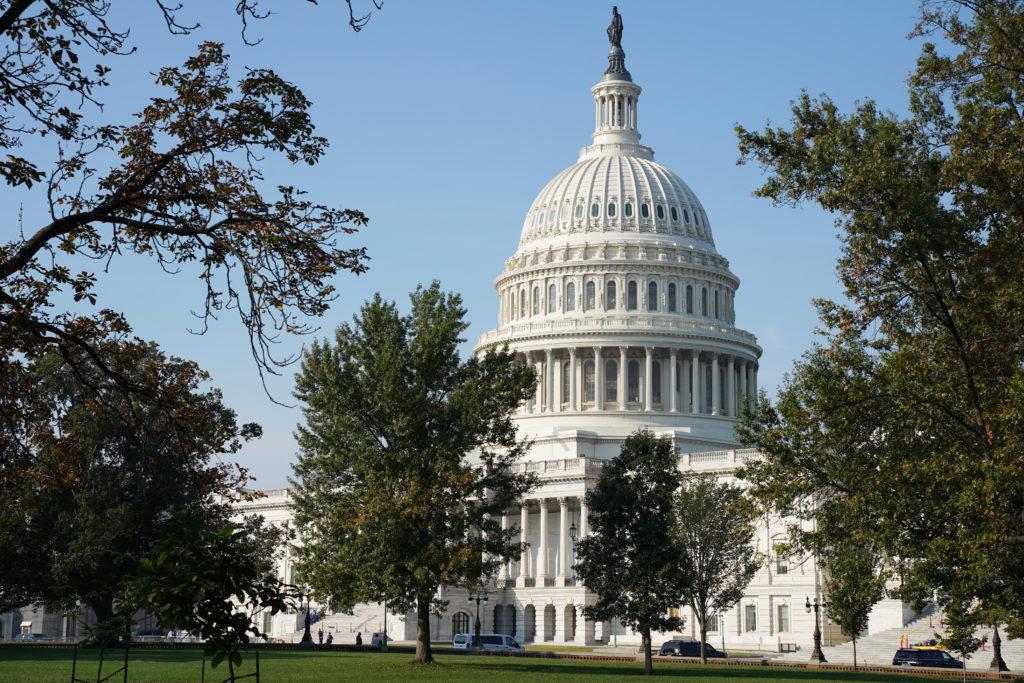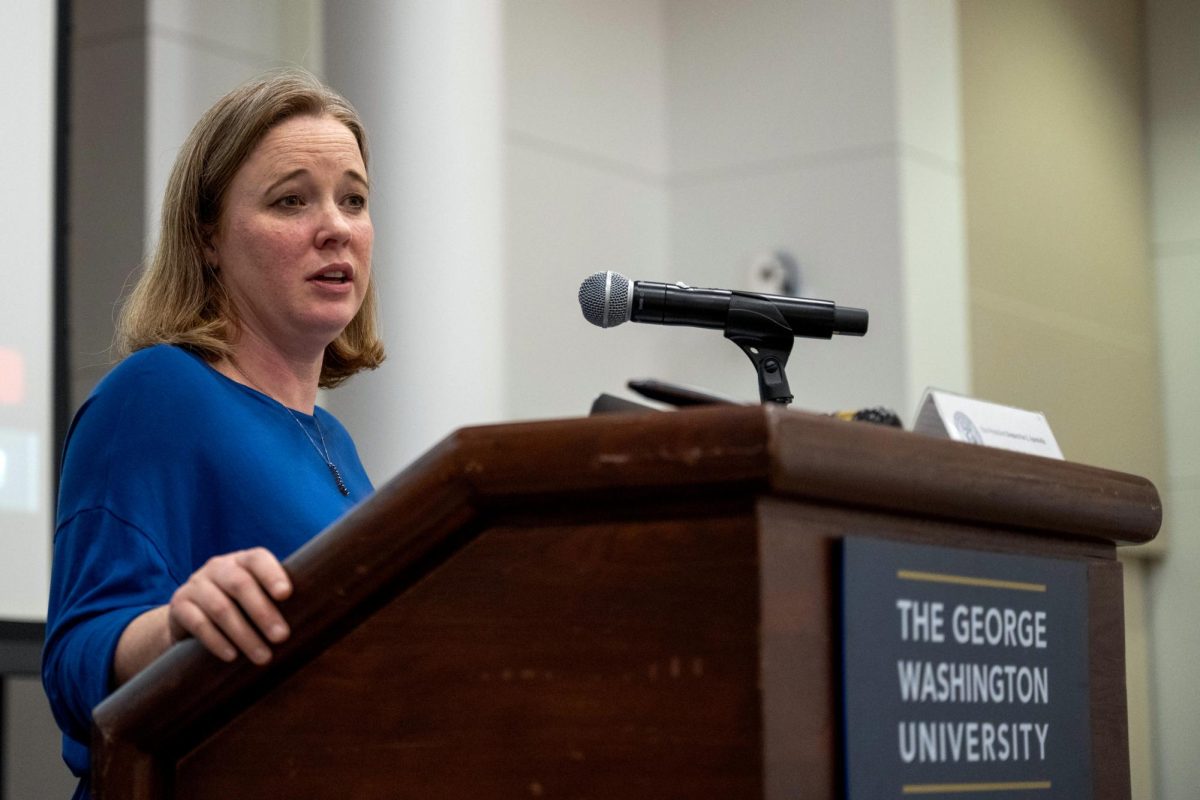Most senior administrators saw their overall compensation fall during fiscal year 2021 compared to fiscal year 2020, according to public disclosure documents released by GW in June.
The drop during the fiscal year 2021 – which starts in July of 2020 and ends in June of 2021 – came on the backdrop of a voluntary pay reduction of about five percent or more that several top leaders took in April 2020 at the height of the COVID-19 pandemic. The data about officials’ compensation come from GW’s annual Form 990, which the Internal Revenue Service requires all tax-exempt organizations to make public, and shows that most top officials’ total compensation fell between four to 10 percent between the two fiscal years.
University spokesperson Josh Grossman declined to comment on whether senior administrators’ salaries would increase or decrease during fiscal year 2022. He said the Board of Trustees’ Executive Committee decides whether to change compensation for senior officials.
“In making its assessments, the committee obtains compensation information prepared by an independent compensation consulting firm that includes market data from comparable universities for comparable positions,” he said.
Grossman said “many factors” contribute to GW employees’ compensation in a given year.
“GW is a world-class university and employer of choice, and we are fortunate to attract highly qualified and talented members of staff, faculty and administrative and academic leadership,” he said in an email.
A series of top administrators have left GW over the last few years, many of whom saw their pay fall during fiscal year 2021, including former University President Thomas LeBlanc and former Chief Financial Officer Mark Diaz. Interim University President Mark Wrighton brought on four new administrators, including a new CFO and human resource officer, in July, but the University is still searching for a string of permanent top officials like a chief technology officer.
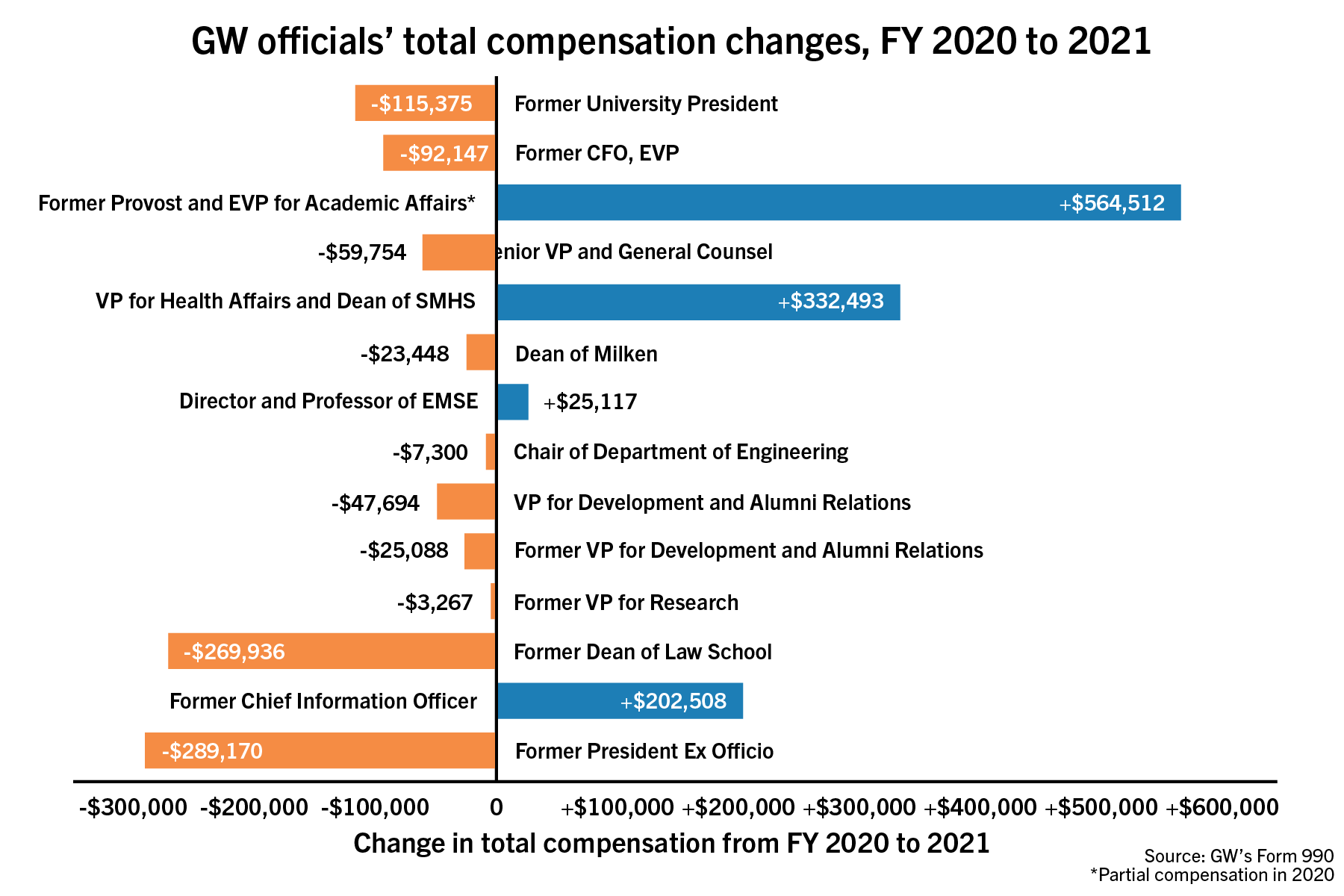
Nicholas Anastacio | Graphics Editor
While several top officials saw their pay drop, some administrators got salary bumps.
Former Chief Information Officer Loretta Early was one of the only officials to see her compensation rise from fiscal year 2020 to 2021 with her total compensation being around $575,000 during the 2020-21 academic year, more than a $200,000 boost, even though she left the University in September 2020 – just months after the fiscal year began.
Vice President for Health Affairs and Dean of the School of Medicine and Public Health Jeffrey Akman also saw his pay rise by more than a third, to more than $1.3 million, making him the highest-paid official listed in the disclosure documents.
Grossman declined to comment on why Early and Akman’s total compensation rose.
LeBlanc’s pay fell between the end of fiscal year 2020 in June 2020 to the end of fiscal year 2021 in June 2021 from more than $1.36 million to about $1.25 million, a cut of more than $115,000. LeBlanc officially departed the University in December 2021 after announcing his retirement in June 2021.
At the height of the COVID-19 pandemic, LeBlanc said he would take a roughly 20 percent pay cut, but his base salary actually fell by less than 14 percent, while his total compensation — which includes bonuses and other benefits — fell by about 8 percent, according to the disclosure.
“Many others at GW have been diligently preparing for what is to come and to help our University weather what will be more difficulties ahead, including with our finances,” LeBlanc said in an April 2020 release. “In many ways, our path forward, and that of every other University, is uncharted.”
LeBlanc was the 40th highest-paid private university president in 2019 – before he took his pay cut in 2020 – according to a data report published by the Chronicle of Higher Education last week.
Wrighton was the seventh highest-paid private university president, collecting more than $2.8 million in total compensation from his position as chancellor of Washington University, St. Louis in 2019, according to the report. Wrighton also had the highest base salary of private university presidents, according to the data.
LeBlanc was also paid more than six of the presidents of GW’s 12 peer schools, according to the report.
Former Chief Financial Officer and Executive Vice President Mark Diaz took a similar pay reduction of more than $90,000 during the 2020-21 academic year, which totaled almost 10 percent of his pay.
The most recent public disclosure document is also the first year former Provost Brian Blake received a full-year salary, which totaled almost $750,000. Blake had received about $180,000 the previous year, but he had only been in the role for about seven months when the public disclosure was written.
Former University President Steven Knapp – who has received income from the University since he departed GW in 2017 – also saw his total pay fall from more than $460,000 to about $175,000, a more than 60 percent drop.
Grossman declined to comment on why Knapp’s pay dropped significantly more than other officials.


